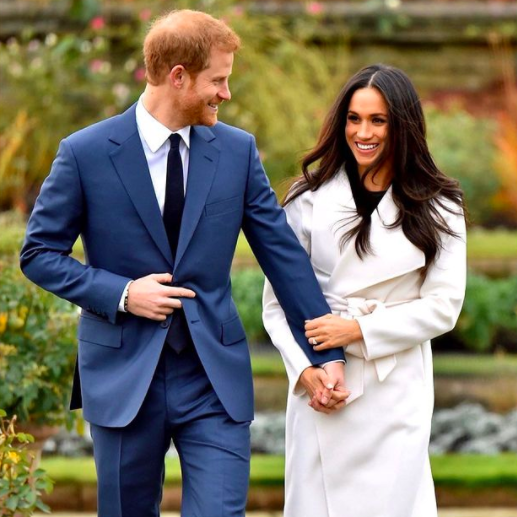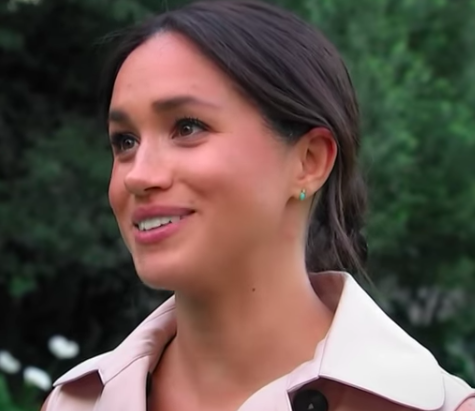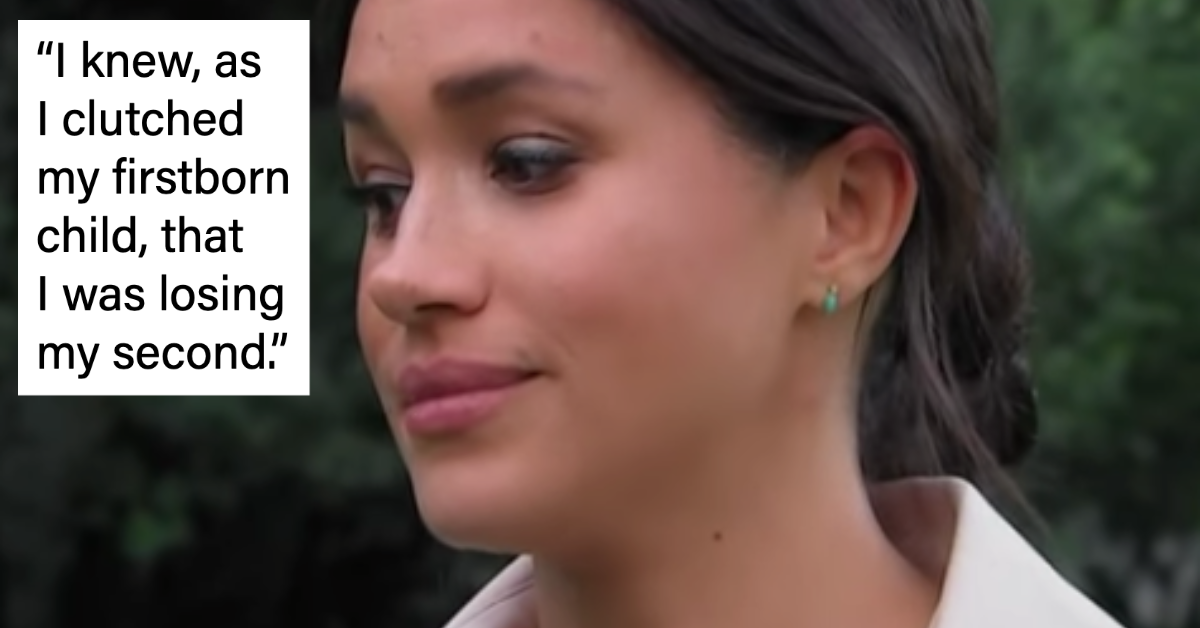Meghan Markle Reveals She Suffered A Miscarriage In Personal Essay
When I had my first miscarriage a few years ago, I was devastated. And while I needed to talk about the loss and what I was going through, many people seemed unsure of how to respond. But even more would send me messages or call to explain how they also went through a miscarriage but they didn’t tell anyone. They felt they had to keep that grief private. It seems ridiculous, to grieve the loss of a pregnancy all alone.
But more and more people are speaking up about their pregnancy losses, including the Duchess of Sussex Meghan Markle. In an op-ed for The New York Times, Markle writes about her miscarriage and the COVID-19 pandemic, reminding people that it doesn’t hurt to offer kindness and ask others if they are “doing okay.”
The essay is called “The Losses We Share” and it begins with a scene from a morning every mom can imagine: making breakfast, feeding the dogs, collecting toys and clothes from the floor and preparing your children for their day. But the scene becomes bleak as Markle writes that she experienced “a sharp cramp” after changing her son’s diaper.

“I dropped to the floor with him in my arms, humming a lullaby to keep us both calm, the cheerful tune a stark contrast to my sense that something was not right…I knew, as I clutched my firstborn child, that I was losing my second,” Markle writes.
“Hours later, I lay in a hospital bed, holding my husband’s hand. I felt the clamminess of his palm and kissed his knuckles, wet from both our tears. Staring at the cold white walls, my eyes glazed over. I tried to imagine how we’d heal.”
Markle then recalls a moment she had last year when she and Harry were in Africa. She explains how exhausted she was, how she was breastfeeding an infant at the time, and her “brave face” was starting to crumble.
“‘Are you OK?’ a journalist asked me. I answered him honestly, not knowing that what I said would resonate with so many — new moms and older ones, and anyone who had, in their own way, been silently suffering.”
"Not many people have asked if I’m ok … it’s a very real thing to be going through behind the scenes."
Meghan reveals to ITV's @tombradby the intense media spotlight has left her struggling to cope while becoming a mum #HarryAndMeghan https://t.co/Uy21iE6ozJ pic.twitter.com/kZqhZV66OL
— ITV News (@itvnews) October 18, 2019
Markle then widens the scope of her essay and focuses on other people who are suffering during this turbulent year: those who became sick or lost family members and friends to COVID-19 and Black men and women who have been the focus of police violence. She also notes that political polarization has caused us to feel “more alone than ever.”
Markle meditates on a moment back in her late teens when she was in a taxi in Manhattan and looked out to see a woman sobbing on the street: “She was standing on the sidewalk, living out a private moment very publicly.” She asked the taxi driver if they should stop to help, but the taxi driver explained something that all New Yorkers know: you’re not really a New Yorker if you haven’t cried in public, that sobbing in the street is as acceptable as sobbing in the privacy of our bedrooms.

This contemplation on a moment from her past then brings Markle back to think on her miscarriage, the private moment she chose to make public. She cites the statistic that in a room of 100 women, 10 to 20 of them will have suffered a miscarriage. Yet, “despite the staggering commonality of this pain, the conversation remains taboo, riddled with (unwarranted) shame, and perpetuating a cycle of solitary mourning.”
It was by chance that I read Markle’s essay in a taxi on my way to my fertility doctor, preparing for a future IVF procedure. After two miscarriages, I had my son, but then I had another miscarriage, and now I am looking to medical assistance to help me get and stay pregnant. Miscarriage and infertility are slowly being destigmatized, but it will need a lot of prominent voices telling their stories, and for that I thank Meghan for sharing hers.

